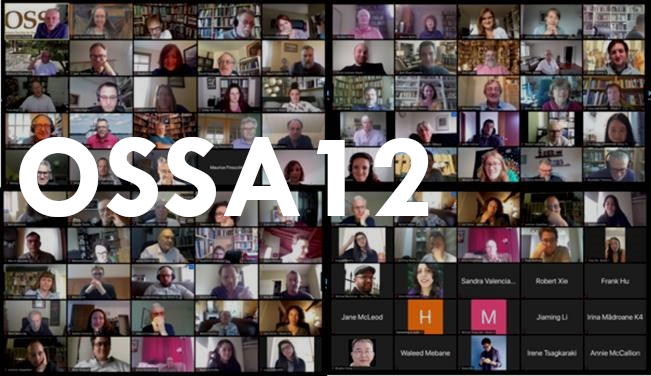Author ORCID Identifier
https://orcid.org/0000-0002-4158-5864
Loading...
Document Type
Keynote
Start Date
3-6-2020 12:00 AM
End Date
3-6-2020 12:00 AM
Abstract
I will be examining a small eddy within the ocean of the climate controversy: the arguments circulating around the question of whether climate scientists render themselves unfit for public engagement because they fly. Does the CO2 emitted when they jet to a conference impair their trustworthiness as spokespeople for the invisible fact of anthropogenic global warming? Climate skeptics have long argued that it does, and similar arguments started being pressed within the scientific community itself even before the current turn towards "flight-shaming." This debate exhibits the features that have engaged argumentation scholars working in the communication (i.e., rhetorical) traditions: unconstrained by institutions, sprawling across times and spaces, it occurs largely among strangers who cannot count on shared histories, common knowledge or mutually accepted norms. Whatever orderliness of interaction or soundness of reasoning that emerges must be due to the activities of the arguers themselves. The remains of the arguments as they got made on Twitter, blogs, news and other platforms thus provide a corpus for asking (although not necessarily answering) some questions that should interest argumentation theorists more generally: How can we identify and analyze an argument within the ocean of discourse? What account can we give of the force of the argument? What alignment is there--if any--between the normative standards arguers metadiscursively invoke in practice and our theories, e.g. of ad hominem fallacies/arguments? What does the peculiar mix of creativity and repetitiveness of this public argument contribute to civic deliberations?
Should climate scientists fly?
I will be examining a small eddy within the ocean of the climate controversy: the arguments circulating around the question of whether climate scientists render themselves unfit for public engagement because they fly. Does the CO2 emitted when they jet to a conference impair their trustworthiness as spokespeople for the invisible fact of anthropogenic global warming? Climate skeptics have long argued that it does, and similar arguments started being pressed within the scientific community itself even before the current turn towards "flight-shaming." This debate exhibits the features that have engaged argumentation scholars working in the communication (i.e., rhetorical) traditions: unconstrained by institutions, sprawling across times and spaces, it occurs largely among strangers who cannot count on shared histories, common knowledge or mutually accepted norms. Whatever orderliness of interaction or soundness of reasoning that emerges must be due to the activities of the arguers themselves. The remains of the arguments as they got made on Twitter, blogs, news and other platforms thus provide a corpus for asking (although not necessarily answering) some questions that should interest argumentation theorists more generally: How can we identify and analyze an argument within the ocean of discourse? What account can we give of the force of the argument? What alignment is there--if any--between the normative standards arguers metadiscursively invoke in practice and our theories, e.g. of ad hominem fallacies/arguments? What does the peculiar mix of creativity and repetitiveness of this public argument contribute to civic deliberations?

